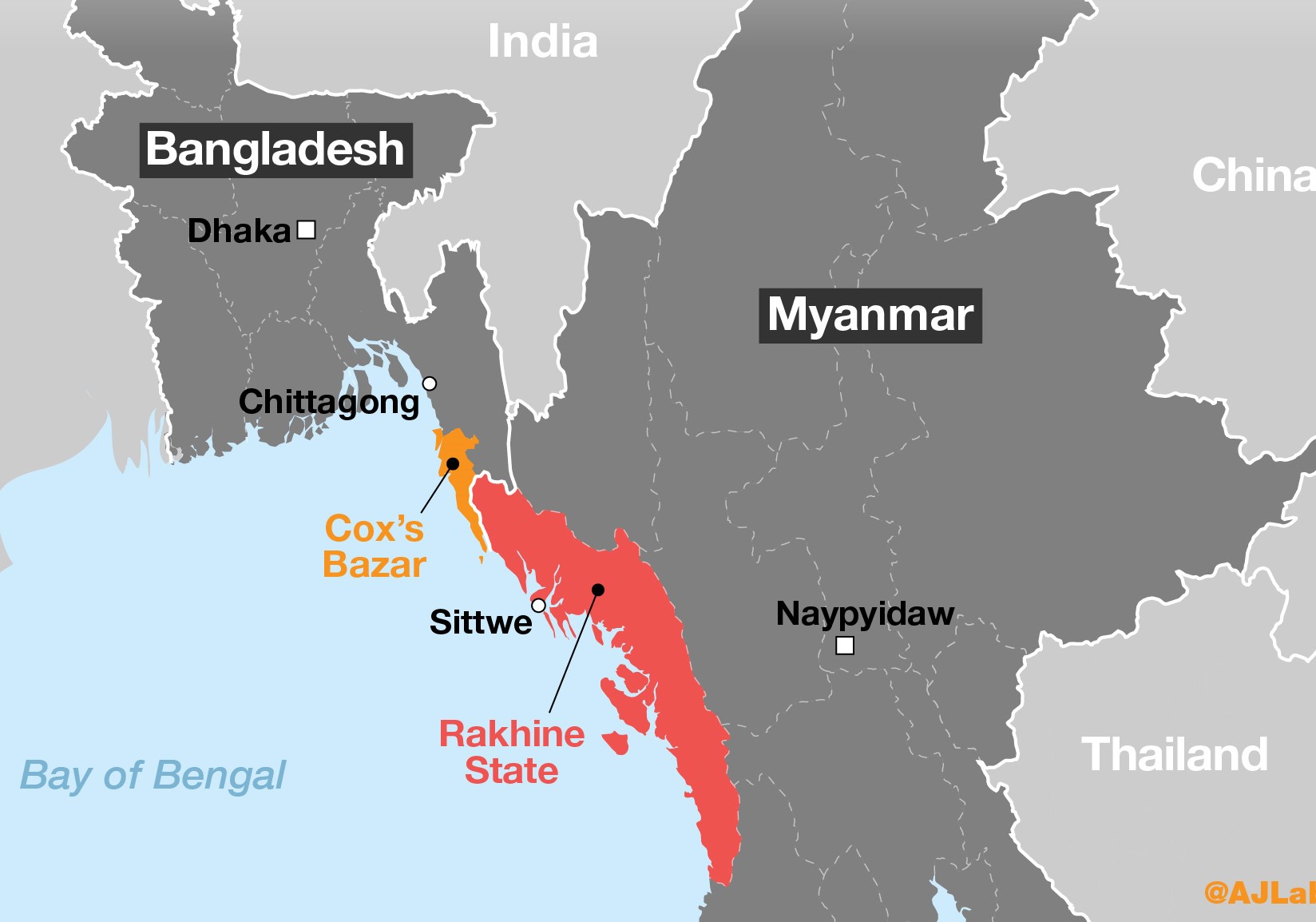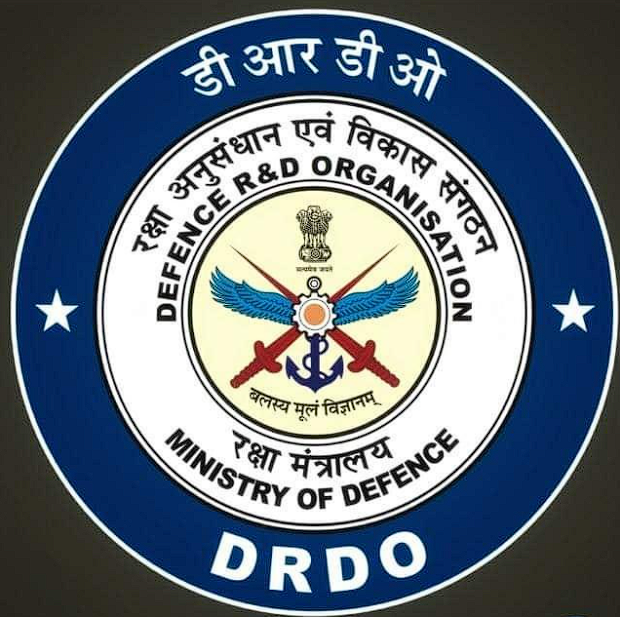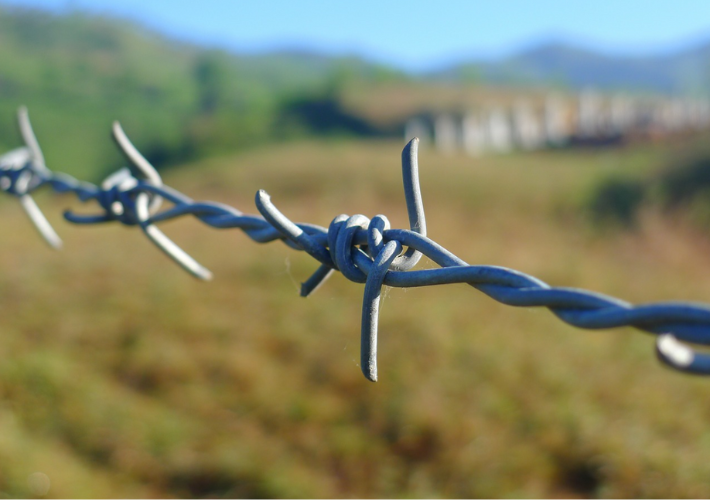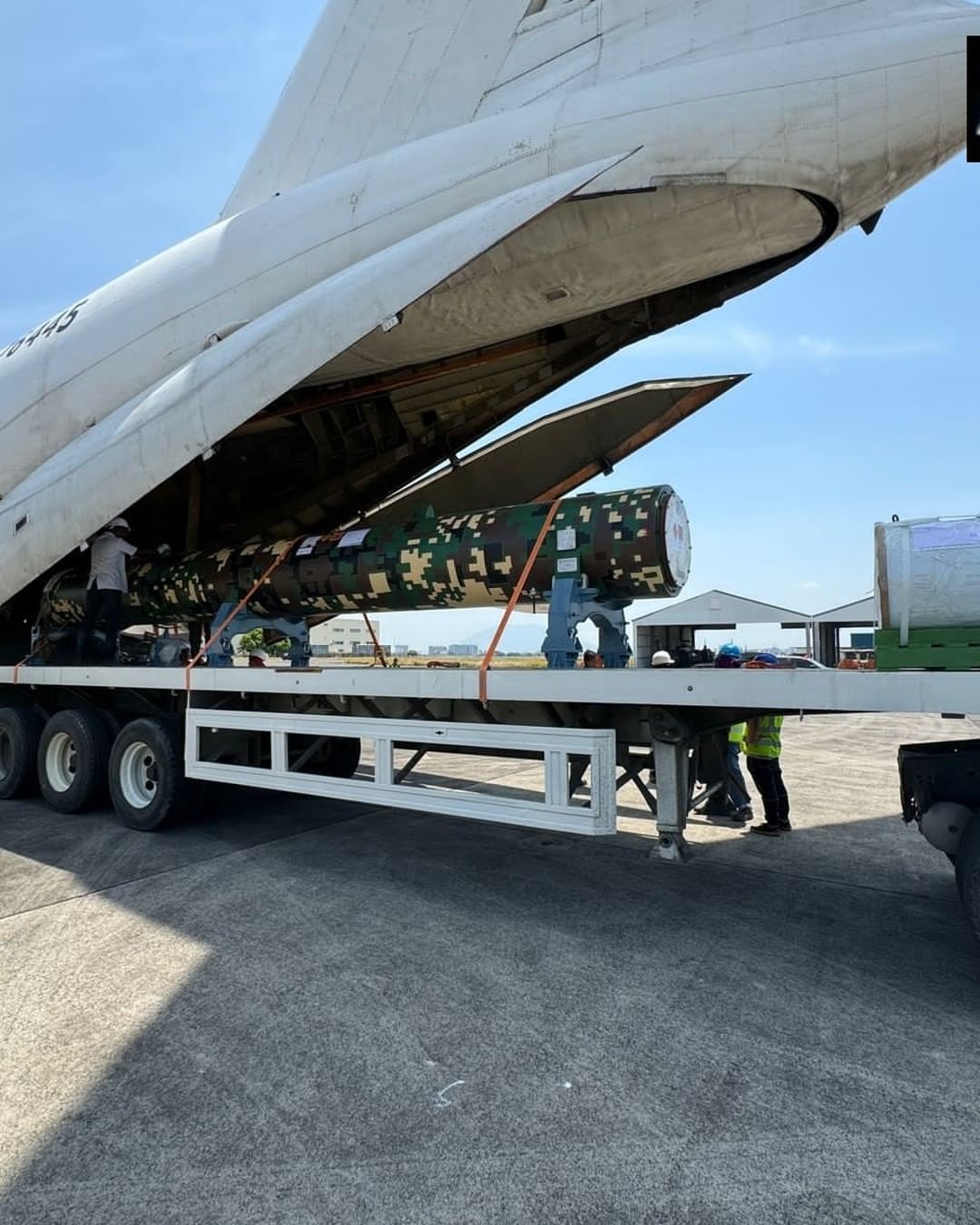Editor’s Note
With over 20 million Bangladeshis already flooding every corner of this country, we can hardly absorb a substantial influx; this time from Myanmar. As of now the numbers of Rohingya refugees in India is manageable, however, if we don’t take adequate measures, it may soon lead to a law and order problem. The author analysis certain pertinent connected issues and offers a few suggestions.
SECURITY ASPECTS & THE ROHINGYA CRISIS
The Rohingyas are Bengali Muslims living in the Arakan region of Myanmar currently known as the Rakhine state. There are two schools of thought regarding their origin. The first that states Muslims have lived in Myanmar from the 12th century. The Arakan Rohingya National Organisation has categorically stated that Rohingya have been living in Arakan from time immemorial.
The second school of thought views issues differently. They state that there were a few Muslims may be around a few thousands before the British captured Myanmar in. After Myanmar became a part of British India. The British moved in a lot of Bengali Muslims from Chittagong for commercial and strategic reasons. The numbers increased and today their population in Myanmar is more than a million. The Rohingyas always sided with the British and once the region was granted independence, they were keen to join East Pakistan.
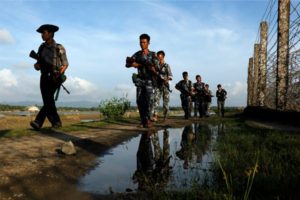
Image Courtesy: World Politics Review
Keeping the above in view it is important to understand how they were treated after Myanmar was given independence in 1948. The new Government in Myanmar passed the Union Citizenship Act in which Rohingyas were not included. The Act did allow those families which had lived in Myanmar for two generations to apply for identity cards.
They were given identification under the general provision. During this time several Rohingyas also served in Parliament. In 1962, consequent to a coup in Myanmar, all citizens were required to obtain national registration cards. The Rohingya, were given only foreign identity cards, which limited the jobs and educational opportunities they could obtain and pursue.
1982 was a turning point in defining citizenship with the new Citizenship Law. This law was a blow to the Rohingyas. The law did not recognise Rohingyas as one of the 135 ethnic groups. The law established three levels of citizenship. The basic level of citizenship could be obtained if there was proof that the individual’s family lived in the country prior to 1948, as well as fluency in one of the national languages. Most of the Rohingyas lack the paperwork. As a result they failed to earn their citizenship and were consequently deprived of their legal rights.
The Rohingyas on their part have remained isolated and barely made any efforts to have peaceful relations with other communities in Myanmar. Some of them formed the Arakan Rohingya Salvation Army (ARSA) also known by its former name Haraqah al Yaqin – an insurgent group operating in the Rakhine province. The group was possibly formed in 2013 following the riots which have been taking place since 1978. As per the Myanmar authorities, the group is assisted by foreign Islamic terrorist groups. The ARSA is led by Ata Ulla, a Rohingya who was born in Karachi, Pakistan and grew up in Mecca, Saudi Arabia.
The Myanmar Armed Forces (Tatamdaw) have been compelled to attack after the ARSA attacked numerous police posts in Rakhine province. The Tatamdaw has stated that the group is linked to Pakistan and Saudi Arabia. The ARSA however, despite their Islamic connections, state that they are not a jihadist organisation. The Myanmar Government formally categorised the group as a terrorist organisation on 25 August 2017.
Since 1978 Rohingyas have fled Rakhine. While about a million are in Myanmar, there dispositions in other countries are reported as under:-
- Saudi Arabia -200,000
- UAE – 10000
- Pakistan -350000
- Bangladesh – 890000
- Thailand -5000
- Malaysia – 150000
- Indonesia- 1000
- India – 40000
State Chancellor Aung San Suu Kyi, the defacto leader of Myanmar, has in her televised address on 19 September 2017, condemned all human rights violations in Rakhine. She said Myanmar was ready at any time to verify the status of those who have fled the violence in the last few months. She did not specify who would be qualified to return and did not elaborate how the verification process would work.
Security Aspects pertaining to India
There are currently about 40,000 Rohingyas in India. They are illegal migrants and have entered India through Bangladesh. They are located in Assam, West Bengal, Uttar Pradesh, Delhi, Nuh in Haryana, Andhra Pradesh and Kerala. The government is currently fighting a case in the Supreme Court to deport them. The moot question is to which country will they be deported to?
As they have entered India through Bangladesh they have to be deported back to Bangladesh. It is pertinent to note there are 20 million illegal immigrants from Bangladesh living in India, a fact which is not agreed to by the Bangladesh Government. Therefore to deport the Rohingyas back to Bangladesh is a difficult diplomatic proposition.
As far as Myanmar is concerned, apparently it’s prepared to accept Rohingyas with papers but viewing the current situation no Rohingya would be comfortable with the proposition.
The Rohingyas, as per reports and various assessments, are vulnerable and can join terrorist outfits while falling a prey to radical elements. This is presumably the biggest threat to our country. Viewing all this, the Government has applied for deportation of the community in the Supreme Court. It is a very difficult case for the Supreme Court to decide and the Government must look at the problem judiciously to guard against security problems. The Rohingyas must not be compared with the Tibetans whose issues are entirely different.
Measures which need to be taken are firstly, the Security Forces on the Bangladesh Border need to guard very tightly against illegal infiltration. It must be more vigilant along the likely areas where they get in, particularly the rivers and waterways. Next, there must be a proper census of all such illegal immigrants.
The security forces must keep a watch on these people and prevent any elements from the ISI or Saudi Arabia to lure these illegal immigrants into their fold. The Security Forces will need to use discretion to avoid any turbulence. Meanwhile efforts must be made on the diplomatic front to settle the issue of illegal immigrants.
Way Ahead
Lex Rieffel a non-resident senior fellow at the Brookings Institution Washington and an expert on Burma states with great confidence that State Councillor Aung San Suu Kyi knows much about the Rohingya problem and feels awful about it. As the democratically elected leader of a country in the early stages of political transition

Image Courtesy: The Financial Express
from 50 years of military rule, she is concentrating initially on ending the civil war which has raged since independence.
The next step would be to overcome the deeply rooted anti Muslim sentiment endemic among the Buddhist majority in Myanmar. There is a fear in the Buddhist majority that the Muslims would replace them in the long run. It obviously means that the Rohingyas with their Arakan Rohingya Salvation Army would continue fighting an asymmetric conflict against the Tatamdaw. In such an eventuality the illegal migrants would find it difficult to return.
Viewing things in the current perspective India has to bank on its Security Forces to ensure that illegal immigration through the land and maritime borders is stopped. Further, a census of these people needs to be undertaken and the data base kept available with the local police and other security agencies, who should keep a watch on their activities. There is also to develop their skills in various construction and non-technical activities. This will keep them gainfully employed till the situation improves in Myanmar in the long term.
Maj Gen PK Chakravorty (Retired)
(Disclaimer: The views and opinions expressed in this article are those of the author and do not necessarily reflect the official policy or position of BharatShakti.in)





